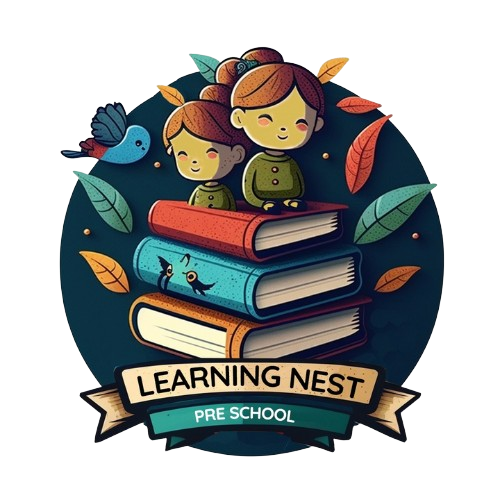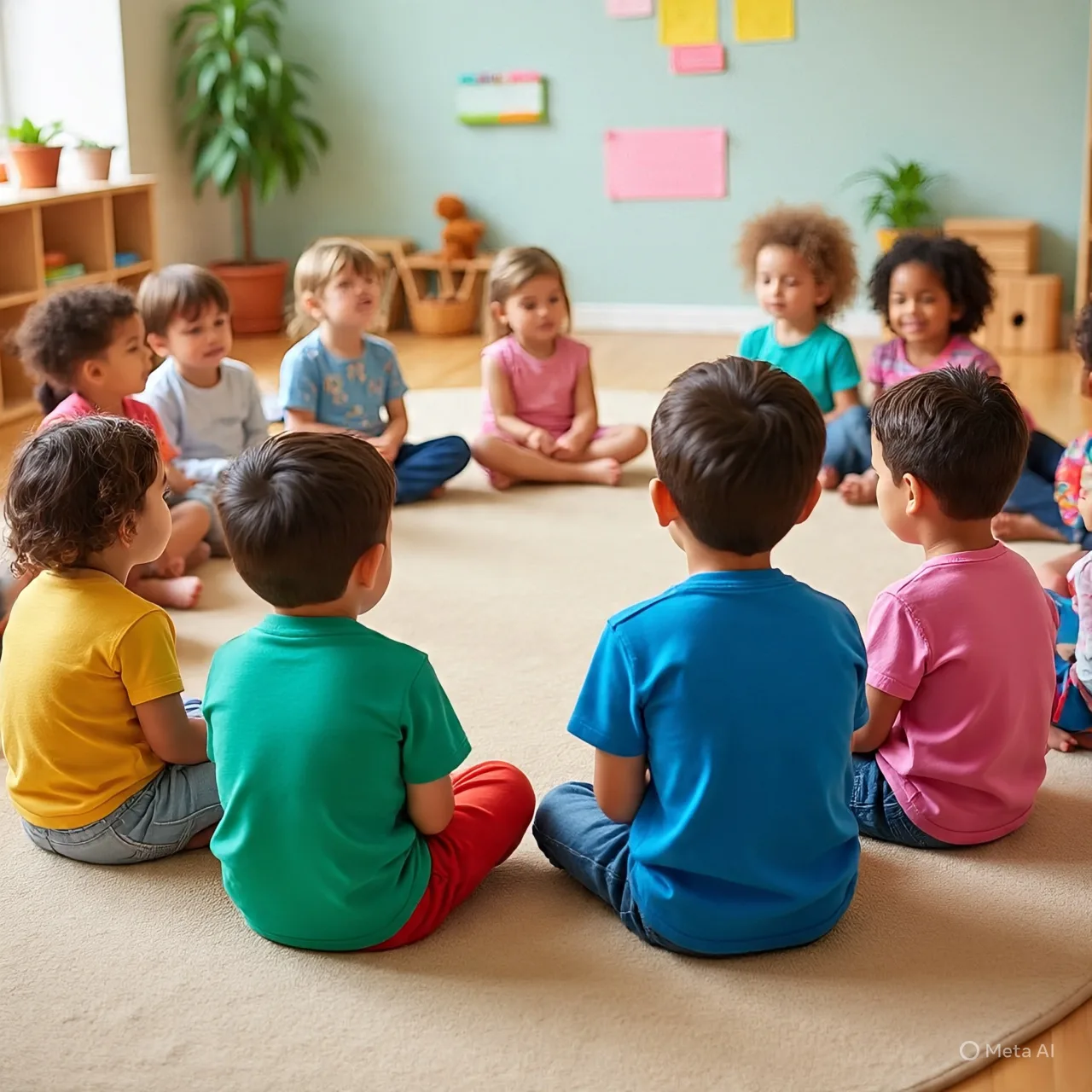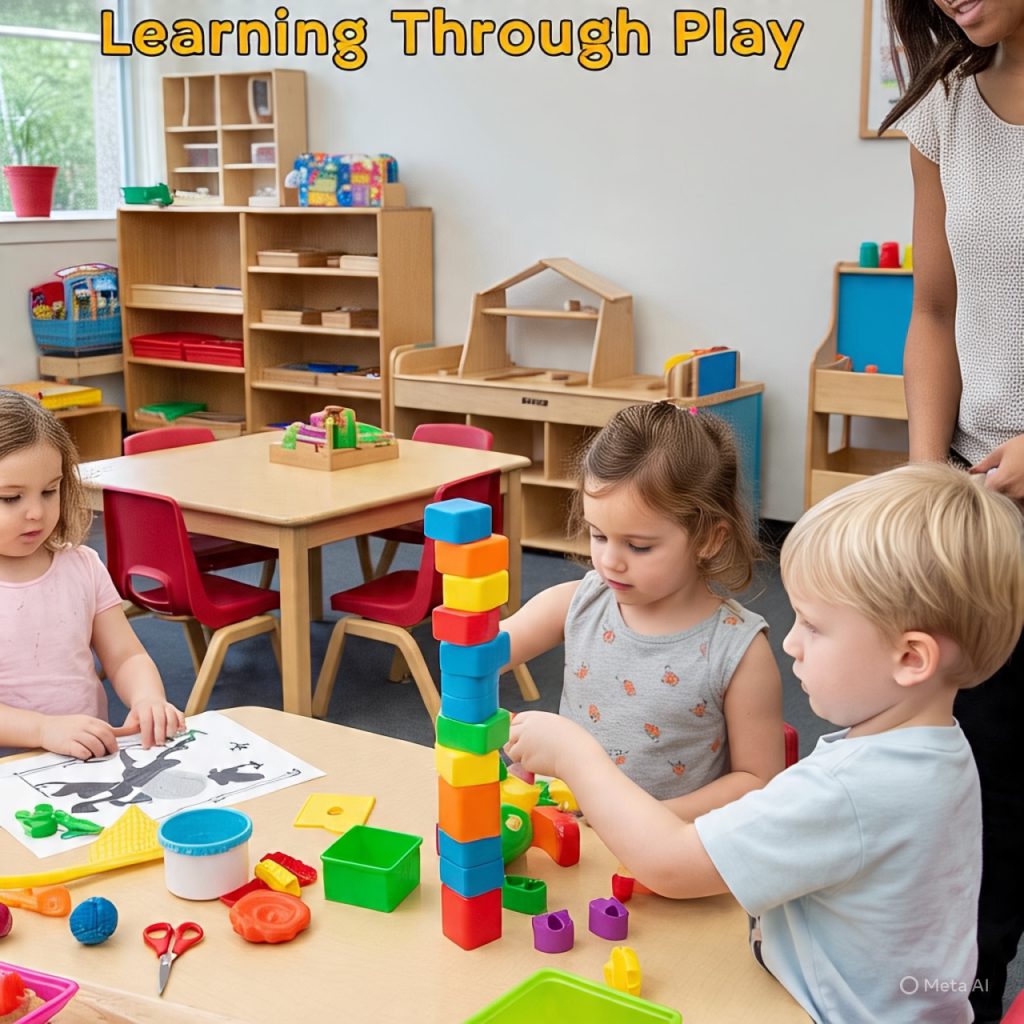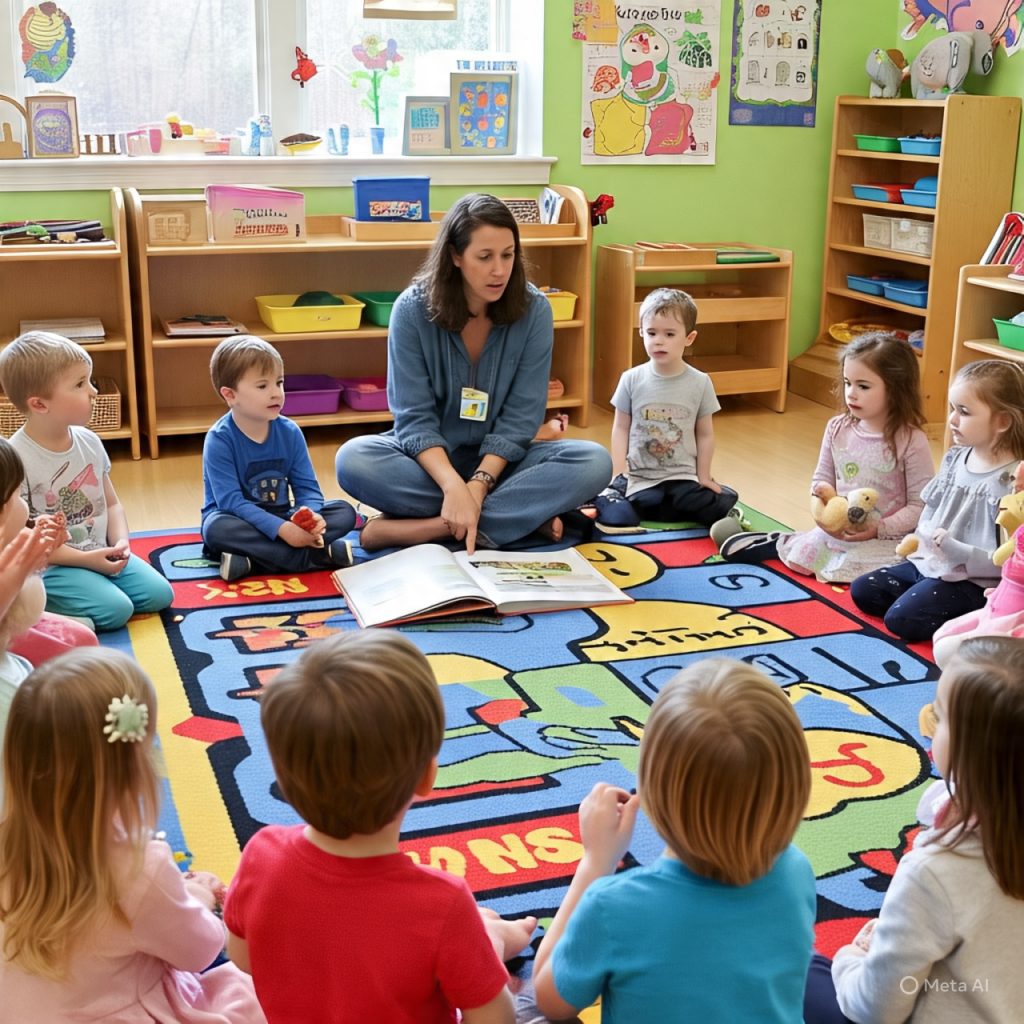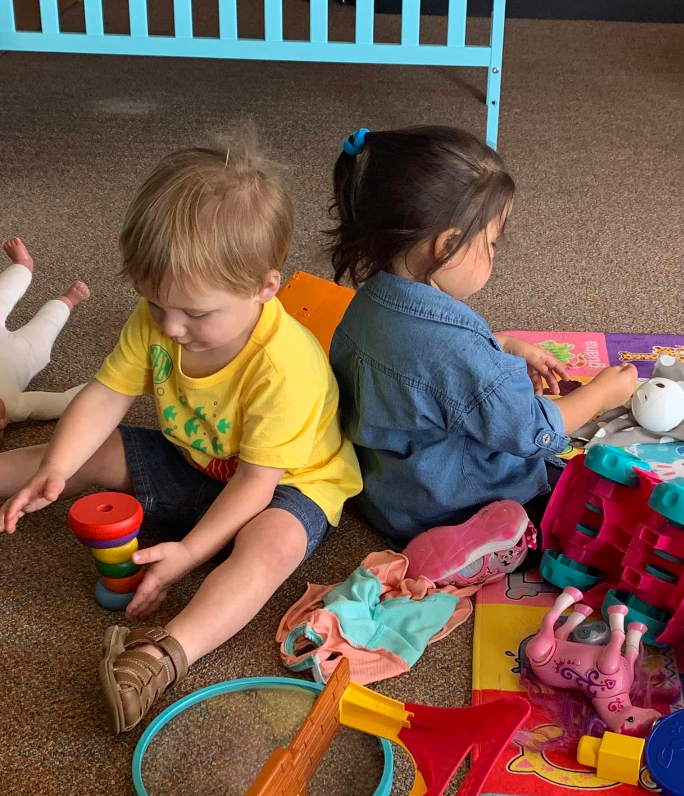Introduction
In today’s fast-paced world, even young children experience stress and big emotions. Preschoolers may not have the words to explain their feelings, but they can learn simple strategies to find calm and focus. At Learning Nest Preschool & Day Care, we integrate mindfulness practices into daily routines, helping children develop emotional awareness, resilience, and self-control.
1. What Is Mindfulness for Preschoolers?
Mindfulness means paying attention to the present moment—whether it’s through breathing, listening, or noticing what’s around us. For preschoolers, mindfulness is less about meditation and more about building awareness of their bodies, feelings, and surroundings in fun, age-appropriate ways.
2. Why Mindfulness Matters in Early Childhood
Preschool is a time of rapid growth, both academically and emotionally. Mindfulness helps children:
- Manage stress and frustration.
- Improve focus and concentration.
- Build empathy and kindness.
- Strengthen emotional regulation.
These skills not only support learning but also set the foundation for lifelong well-being.
3. Simple Mindfulness Activities for Preschoolers
At Learning Nest, we use playful mindfulness exercises, such as:
- Breathing Buddies: Children place a soft toy on their belly and watch it rise and fall as they breathe deeply.
- Listening Walks: Outdoors, children quietly notice the sounds of birds, wind, or footsteps.
- Mindful Coloring: Using crayons or paints slowly and focusing on colors and movements.
- Feelings Check-In: Talking about how they feel with the help of emotion cards or pictures.
These short, fun practices are woven into the day without overwhelming children.
4. How Mindfulness Helps in the Classroom
When children feel calm and focused, they are better able to listen, learn, and interact positively with peers. Teachers notice fewer conflicts and more cooperation. Mindfulness creates a classroom environment that feels safe, supportive, and joyful.
5. How Parents Can Practice Mindfulness at Home
- Create a quiet corner with books or soft toys for relaxation.
- Encourage short breathing exercises before bed.
- Model mindfulness by slowing down and enjoying small daily moments.
- Replace screen time with outdoor “noticing games” (colors, sounds, or shapes in nature).
Even a few minutes a day can make a big difference in a child’s mood and focus.
Conclusion & Call to Action
Mindfulness may seem like a small practice, but its benefits for preschoolers are big—improved focus, better emotional control, and a stronger sense of calm. At Learning Nest Preschool & Day Care, we believe teaching mindfulness early gives children tools they’ll carry for life. Want to see how mindfulness can support your child’s learning and happiness? Contact us today and learn about our whole-child approach.


